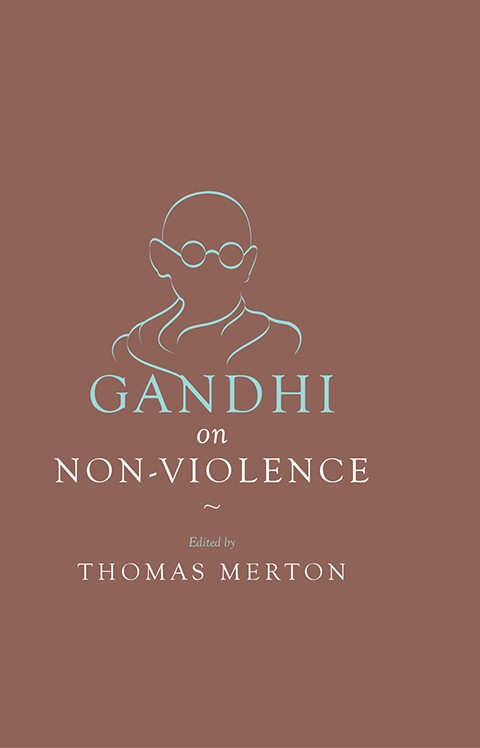সর্বাধিক বিক্রিত বই
Loading popular products...
|
Title |
Gandhi on Non Violence |
|
Author |
Thomas Merton |
|
Publisher |
Speaking Tiger |
|
Number of Pages |
152 |
|
Language |
English (US) |
|
Category |
|
|
First Published |
JAN 2007 |
Delivery Charge (Based on Location & Book Weight)
Inside Dhaka City: Starts from Tk. 70 (Based on book weight)
Outside Dhaka (Anywhere in Bangladesh): Starts from Tk. 150 (Weight-wise calculation applies)
International Delivery: Charges vary by country and book weight — will be informed after order confirmation.
3 Days Happy ReturnChange of mind is not applicable
Multiple Payment Methods
Credit/Debit Card, bKash, Rocket, Nagad, and Cash on Delivery also available.











